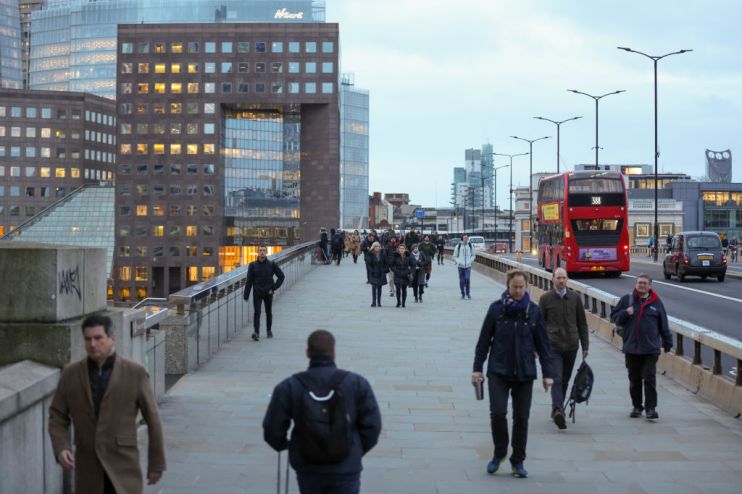London must not rest on its laurels, it needs strong access to talent to continue to thrive

The past twelve months have been one of the biggest tests that London has undergone in recent memory, with the twin challenges of Brexit and the Covid-19 pandemic leading some cynics to doubt the capital’s future as a world leading business hub.
Even though streets across the City and central London fell quiet at times last year, the financial and professional services sector has proven resilient and continued to support the wider economy.
The industry has a critical role to play in driving forward our recovery. A timely new report has shown exactly how London has continued to lead the world against rival financial centres.
The research, conducted by the City of London Corporation, looks at 95 different metrics including new areas such as green finance activity across all asset classes compared to the previous year’s study.
It shows the strength of the UK’s global offering to business across the board. London maintains a lead as an innovative ecosystem enabling our businesses to thrive. Our international reach is unrivalled as a globally connected banking centre and our financial services regulatory regime remains the most favourable in the world.
These strengths help to explain why – even against the backdrop of a challenging year – UK financial services exports increased and our trade surplus remains higher than in all other global financial centres.
With a competitiveness rating of 61, London is well clear of New York (58) and Singapore (53) and steaming ahead of Frankfurt (45), Paris (41), Hong Kong (39) and Tokyo (36).
But this report is also a reminder to fend off complacency. We must remain fiercely competitive: more work is needed in our financial foundations to ensure our long-term offer stays stable.
To remain globally competitive, we must future-proof the sector. Our digital infrastructure, for example, needs overhauling – the UK’s average broadband speed is the slowest of all global financial centres. Unless we upgrade quickly, we risk having analogue infrastructure for the digital age.
We also need an immigration system that encourages the best and brightest to see the UK as a welcoming environment. As a Dubliner who has made his career in London, I firmly believe we need to remain open – and be seen to be open – to attract the very best talent from across the globe.
At the same time, we must continue to develop our own pipeline of domestic talent. When it comes to workforce skill levels, the UK is lagging behind other financial centres in Asia even though we perform better than the US, Germany and France. We need to invest in areas such as digital skills to keep pace with changes in technology.
The report also finds that the total tax and contribution rate of UK-based financial services firms, in particular banks, is relatively high. It is important that our tax rates remain internationally competitive to support the sector in continuing to create jobs and spreading prosperity across the country.
It will take a joint effort by the sector, regulators and Government to ensure that the UK remains an attractive location for financial and professional services in the face of growing competition. Together we can help to realise a vision of an open, green, and technologically advanced sector that creates jobs, supports businesses and powers growth across the country.
